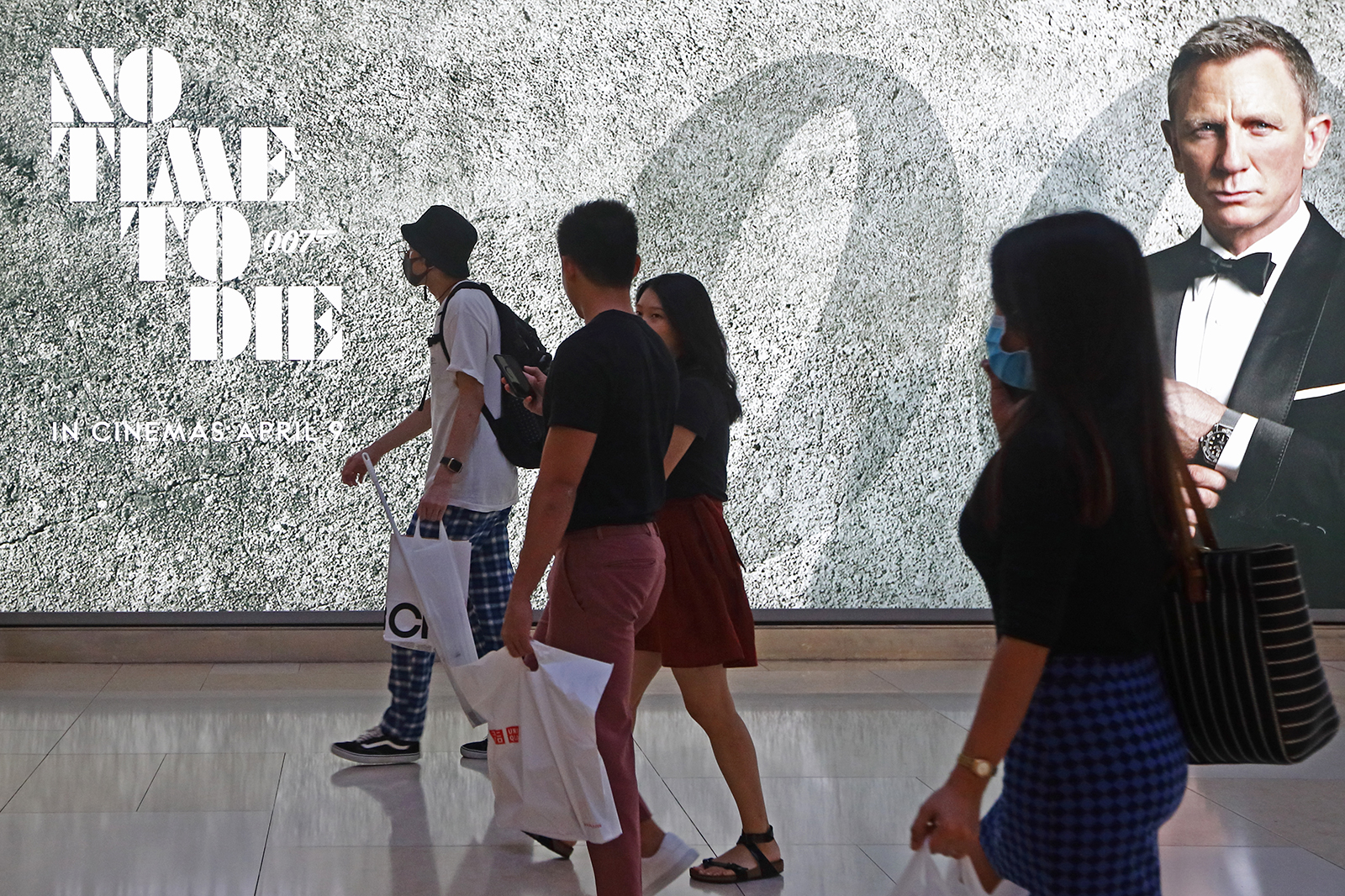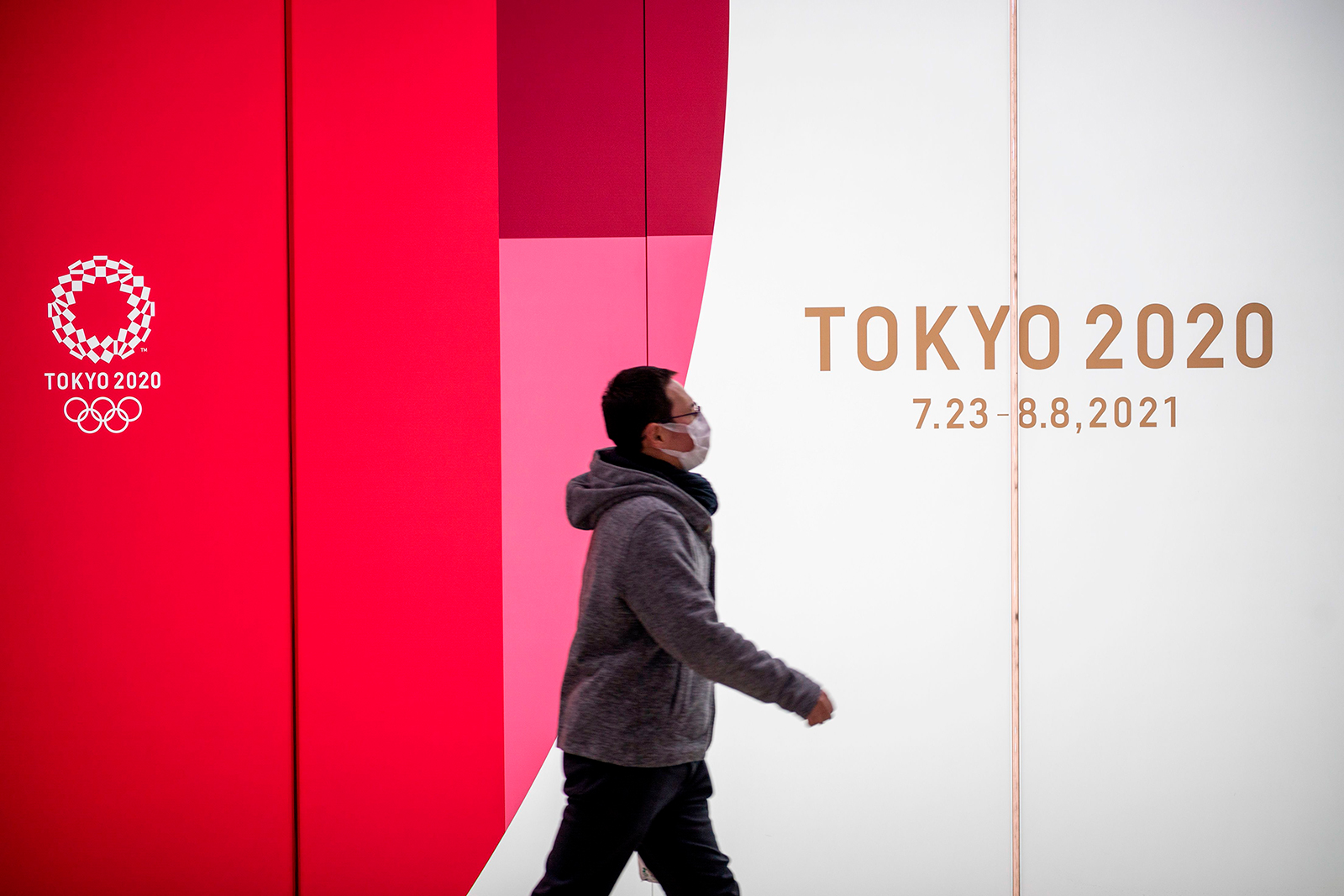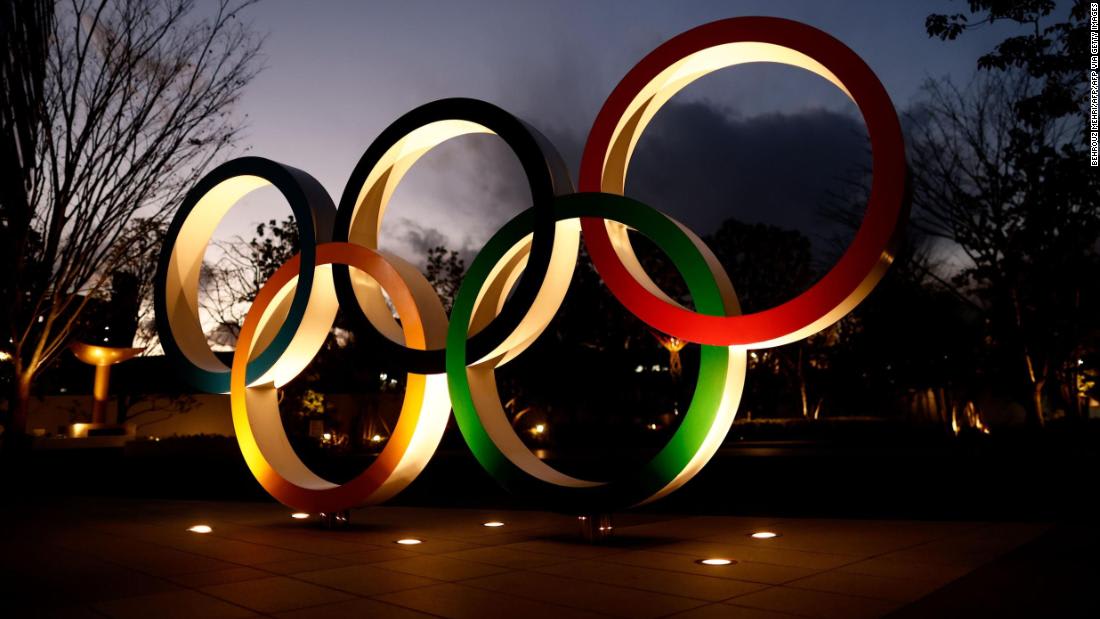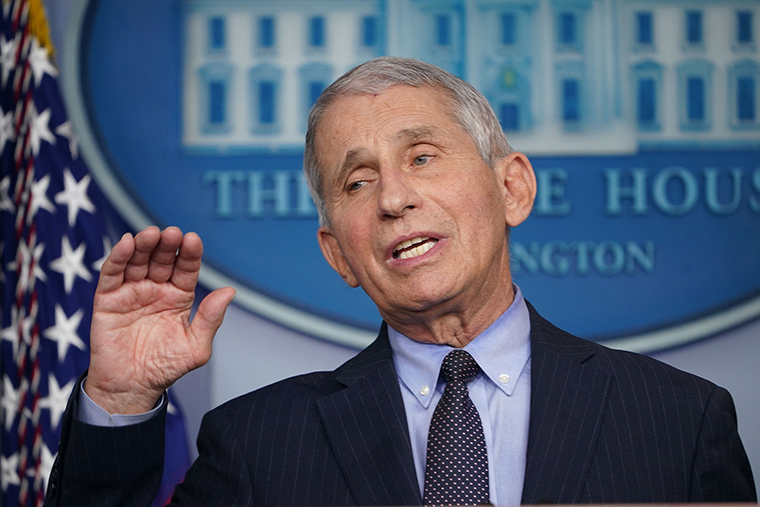New York City Mayor Bill de Blasio says he is asking the federal government to allow the city to use second doses of Covid-19 vaccines now as first doses because the city is set to run out of vaccines soon.
"We have second doses sitting in reserve waiting weeks until they can be used. Those should be freed up right now to go into the arms of senior citizens who are living in fear. Let's turn those second doses into first doses right now and then backfill with more supply in the coming weeks," de Blasio told CNN's Erin Burnett Thursday.
According to de Blasio, New York City is now vaccinating at a higher rate, with 45,000 people vaccinated on Monday alone. He says the city needs more vaccines to meet the demand.
"We're running out of vaccine and we're not getting any assurance of major new shipments. I could be opening a 24/7 vaccine site at Citi Field where the Mets play, the Yankee stadium. I want to be in all five boroughs, but I can't open them because I'm not getting a major new supply," de Blasio said.
When asked why he thinks New York is running out when the city's website is showing 1 million doses delivered to New York City, but only 539,000 administered, de Blasio said the remaining vaccines have already been allocated.
"Yeah, we've got a lot of appointments that are scheduled this week, and next week, that are going to use up everything we have. There are separate programs under those numbers for nursing homes run by the federal government. The bottom line is supply is not even close to keeping up with demand," said de Blasio.




